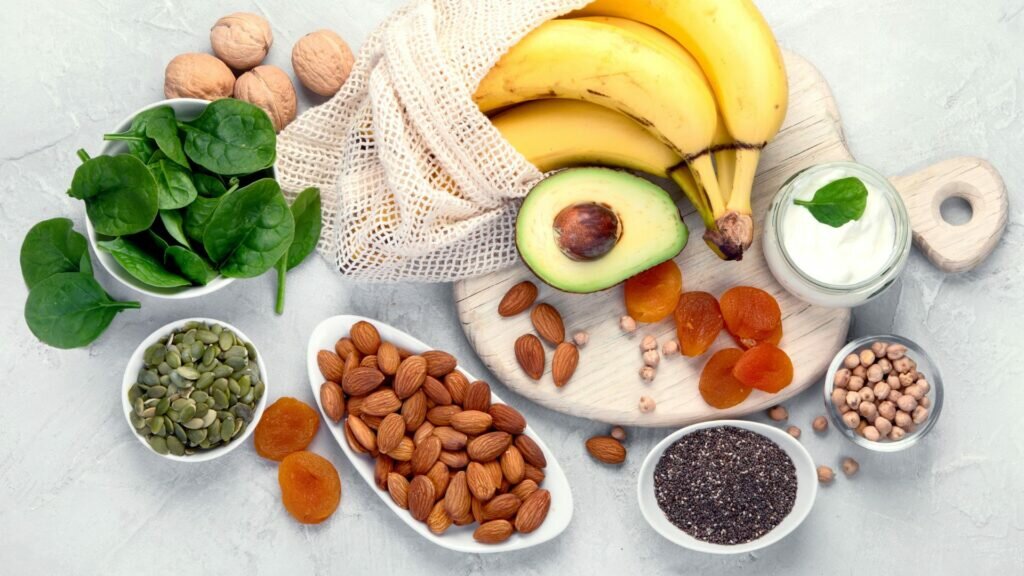Introduction:
The search for the optimal human diet has been a topic of great interest for centuries. While there is no one-size-fits-all answer, there are some guiding principles that can help us understand what might be best for our individual needs. In this article, we’ll explore the factors that contribute to an optimal diet, including genetics, personal preferences, and health goals.
Factors that Influence the Optimal Human Diet:

Genetic Background
Our genetics play a crucial role in determining our dietary needs. Some populations have adapted to specific diets over generations, which can influence their nutrient requirements and food tolerances. For example, people of Northern European descent may have a higher tolerance for dairy products, while those with East Asian ancestry may be more prone to lactose intolerance.
Personal Preferences

Our food preferences are also an essential factor in determining our optimal diet. We are more likely to stick to a diet plan that includes foods we enjoy. Finding a balance between nutrition and taste can help maintain a long-term healthy diet.
Health Goals

Our health goals and individual needs can also influence the optimal diet. For example, a person looking to lose weight might choose a low-calorie, nutrient-dense diet, while an athlete may require a higher calorie intake to support their energy needs and performance.
Nutrient Requirements

The human body needs a variety of nutrients to function optimally. Macronutrients like carbohydrates, proteins, and fats, as well as micronutrients such as vitamins and minerals, are essential for our health. A balanced diet should provide adequate amounts of all these nutrients.
Food Quality

Prioritizing high-quality, whole foods over processed and refined products is essential for overall health. Whole foods, such as fruits, vegetables, whole grains, lean proteins, and healthy fats, provide essential nutrients and help promote a healthy weight and well-being.
Sustainability
Considering the environmental impact of our food choices is also vital. Choosing locally produced, seasonal, and organic foods when possible can help support a more sustainable food system.
Cultural Influences

Our cultural backgrounds and traditions can also shape our dietary habits. Embracing traditional and culturally significant foods can help maintain a sense of connection and identity while fostering a diverse and nutritious diet.
Finding Your Optimal Diet:
Experiment with Different Dietary Approaches
There is no universal answer to the question of the optimal human diet, as individual needs and preferences vary widely. The key to discovering the best diet for you is to consider the factors outlined above and experiment with different dietary approaches.
Consult a Registered Dietitian or Nutritionist

Working with a registered dietitian or nutritionist can provide personalized guidance to help you find the most suitable diet for your needs.
Conclusion:
In conclusion, the optimal human diet is a complex and multifaceted subject. By considering your genetic background, personal preferences, health goals, nutrient requirements, food quality, sustainability, and cultural influences, you can develop a tailored approach to nutrition that supports your health and well-being. Remember that the journey to finding the ideal diet for you may require some trial and error, but with persistence and guidance, you can achieve a balanced and sustainable lifestyle.

